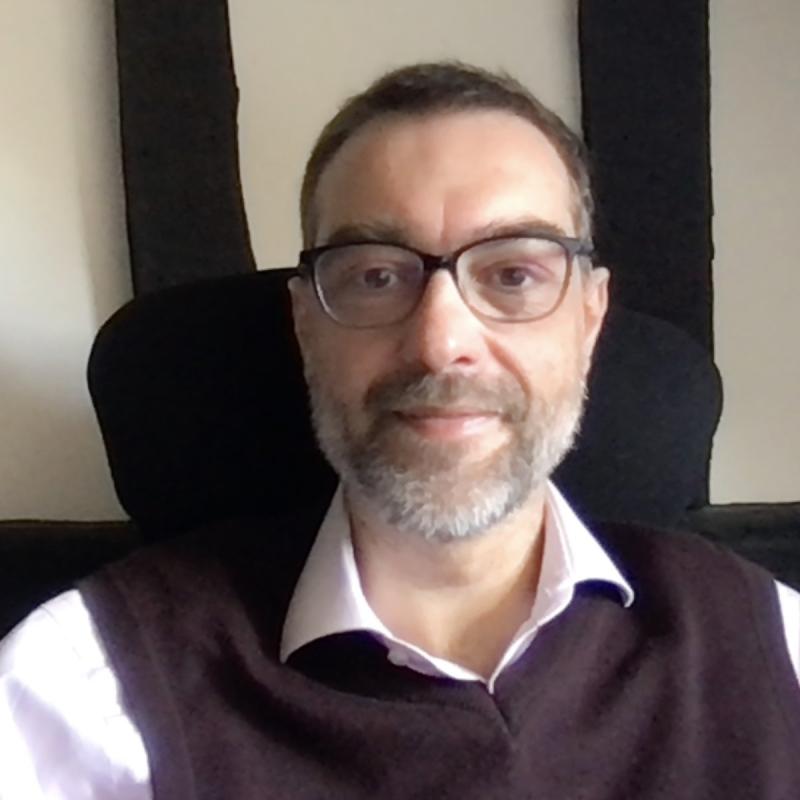
I am a cell biologist focused on studying molecular signalling in vascular cells, vascular-immune cells interactions in health and disease, and in modelling multicellular microenvironments in vitro and in silico. I started my career in vascular cell biology in 2001 when I joined the Tumour immunology lab at S Raffaele Institute in Milan as a dentistry student. I completed my master thesis in Dentistry in 2003 and a PhD in Neurosciences in 2009 at university of Milan, working in the same lab. Both my degrees were based on original research work involving primary cell cultures of patient derived samples, histology, immunofluorescence, microscopy, and image analysis which are still the foundations of much of my work.
During my post-doc studies, I contributed to in vivo works in mice showing that genetic targeting of the hypoxia machinery can produce beneficial effects in both cancer therapy and repair of ischaemic skeletal muscle via modulation of EC and macrophages phenotype.
In 2015, I joined the Tissue engineering lab at King’s College London where I consolidated my skills in biomaterials, CAD design and 3D printing. In 2017, I was hired as Lecturer in Reconstructive Science in the same department. As an independent researcher, I focussed on investigating endothelial cells (EC) heterogeneity, angiogenesis and vasculogenesis in vitro using human EC cultures, custom high content image analysis workflows and custom microfluidic devices.
The study of angiogenesis, vascular maturation, and vascular cells dynamics has been limited to in vivo experimentation due to the lack of adequate in vitro models. To overcome this problem, we have developed a flexible vasculature on chip platform (VoC) to enable growing and perfusing vascularised micro-tissue with tuneable cellular composition (Chesnais et al., Lab on a Chip, 2023). The VoC enables continuous and long-term perfusion of vascularised micro tissue, allowing, for example, to study how mechanical forces due to perfusive flow affect endothelial signalling and promote the maturation of engineered microvascular networks over time.